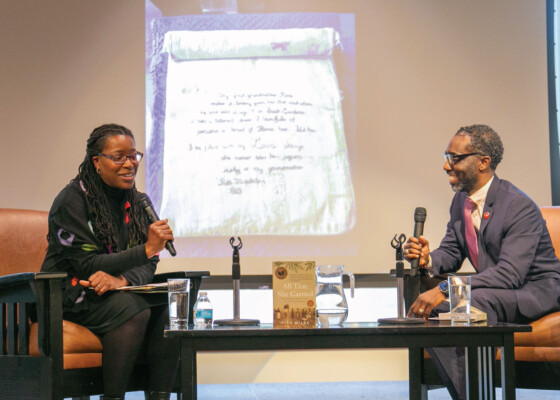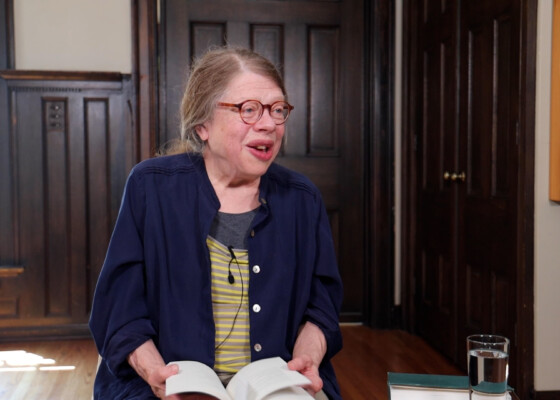Deadly Rivals – Rebecca
March 13, 2013Some books, I have to admit, don’t get much of a reaction from me. That was not the case with Rebecca by Daphne du Maurier. As I often do, I…
 Some books, I have to admit, don’t get much of a reaction from me. That was not the case with Rebecca by Daphne du Maurier.
Some books, I have to admit, don’t get much of a reaction from me. That was not the case with Rebecca by Daphne du Maurier.
As I often do, I listened to this book on audio CD, in my car, and I found myself repeatedly bursting out with exasperated advice for the heroine. “For heaven’s sake, get a grip!” and “Look, Rebecca is DEAD!!” were typical remarks directed at the first-person narrator.
This poor girl found herself in a dreadful situation after marrying Maxim de Winter, an older man who, ten months previously, had lost his first wife, the afore-mentioned Rebecca. The second marriage was entered into on an impulse while abroad in Monte Carlo, but when the newlyweds came back to the de Winter estate at Manderley, in England, they had to confront the memory of Rebecca. But how do you compete with a dead woman? with a first wife?
One thing is certain – our heroine was not much of a competitor. Not only did she let the servants walk all over her, but she also allowed them to compare her, unfavorably, with the beautiful, well-bred Rebecca. Their rivalry is reminiscent of the penniless Jane Eyre and Mr. Rochester’s other love interest, the haughty Blanche Ingram. It brings to mind the differences in wealth and class that are so prominent in English society and English literature.
Also simiilar to the work of the Bronte sisters is the air of mystery in du Maurier’s novel, related to the circumstances surrounding Rebecca’s death by drowning. (Manderley is located in Cornwall, on the southwest coast of the British Isles, near the sea.) There’s something not quite right about the boating “accident” that claimed Rebecca’s life. From being a romance novel about an innocent young girl, the book suddenly turns into a suspenseful crime novel. Of course, it was later made into a movie.
This classic, first published in 1938, continues to intrigue. The edition we have in the Novel Conversations collection contains a good selection of end matter: the author’s account of how she developed the story, a description of the house that was the model for Manderley and the original epilogue.
In February and March, Indiana Humanities is exploring the topic of “rivalry,” as part of its Spirit of Competition theme. This post was written by Nancy Conner, director of grants and coordinator of Novel Conversations.


